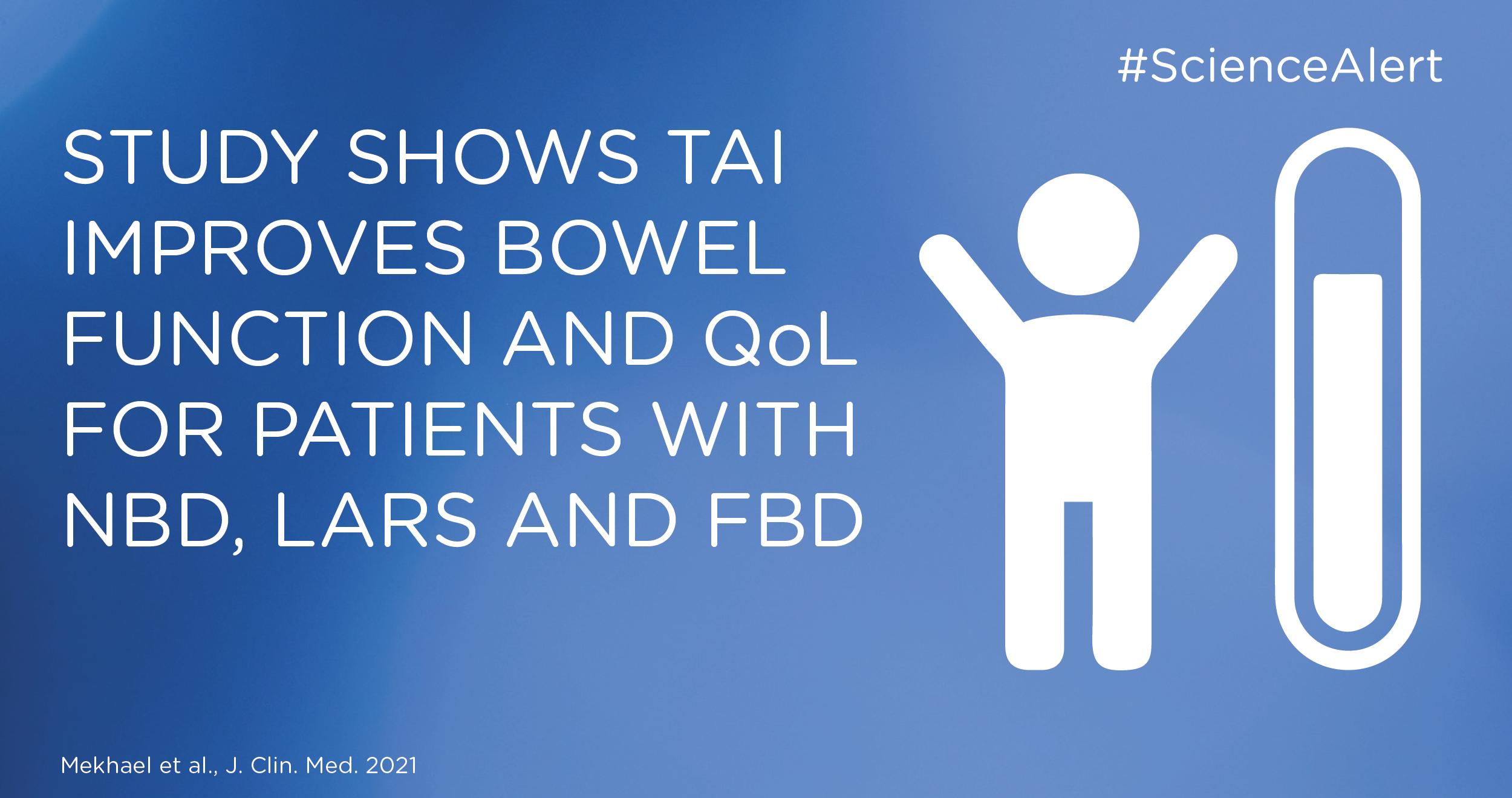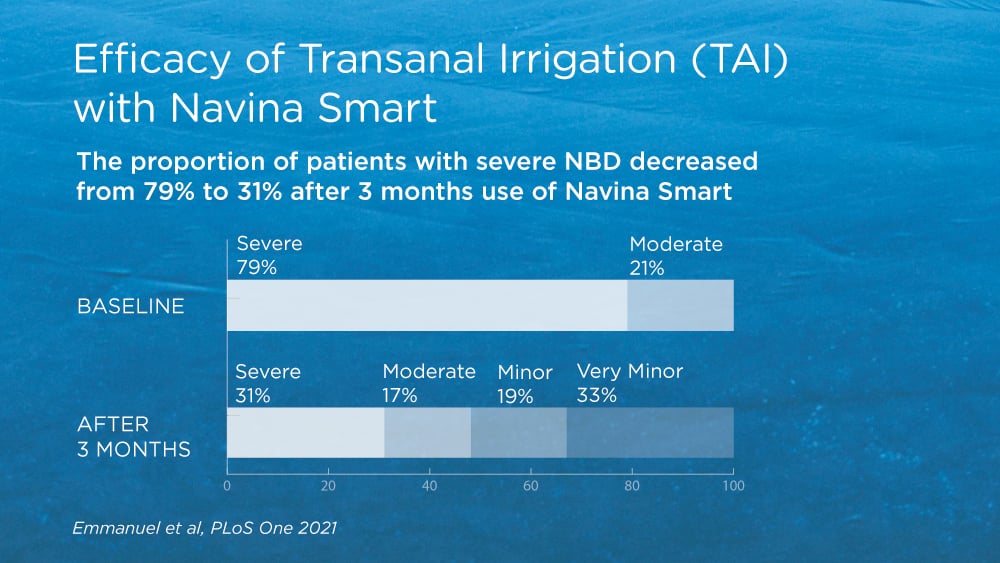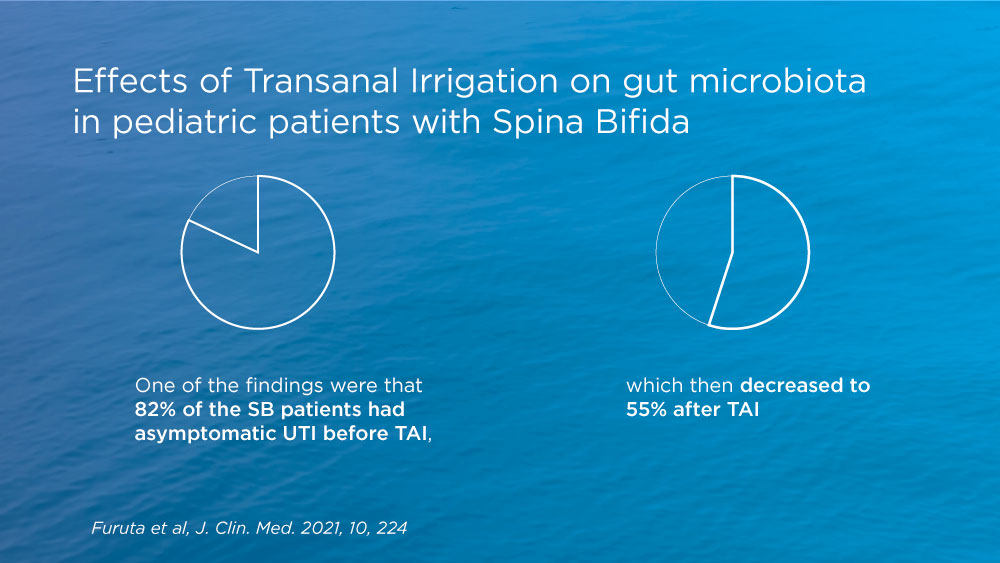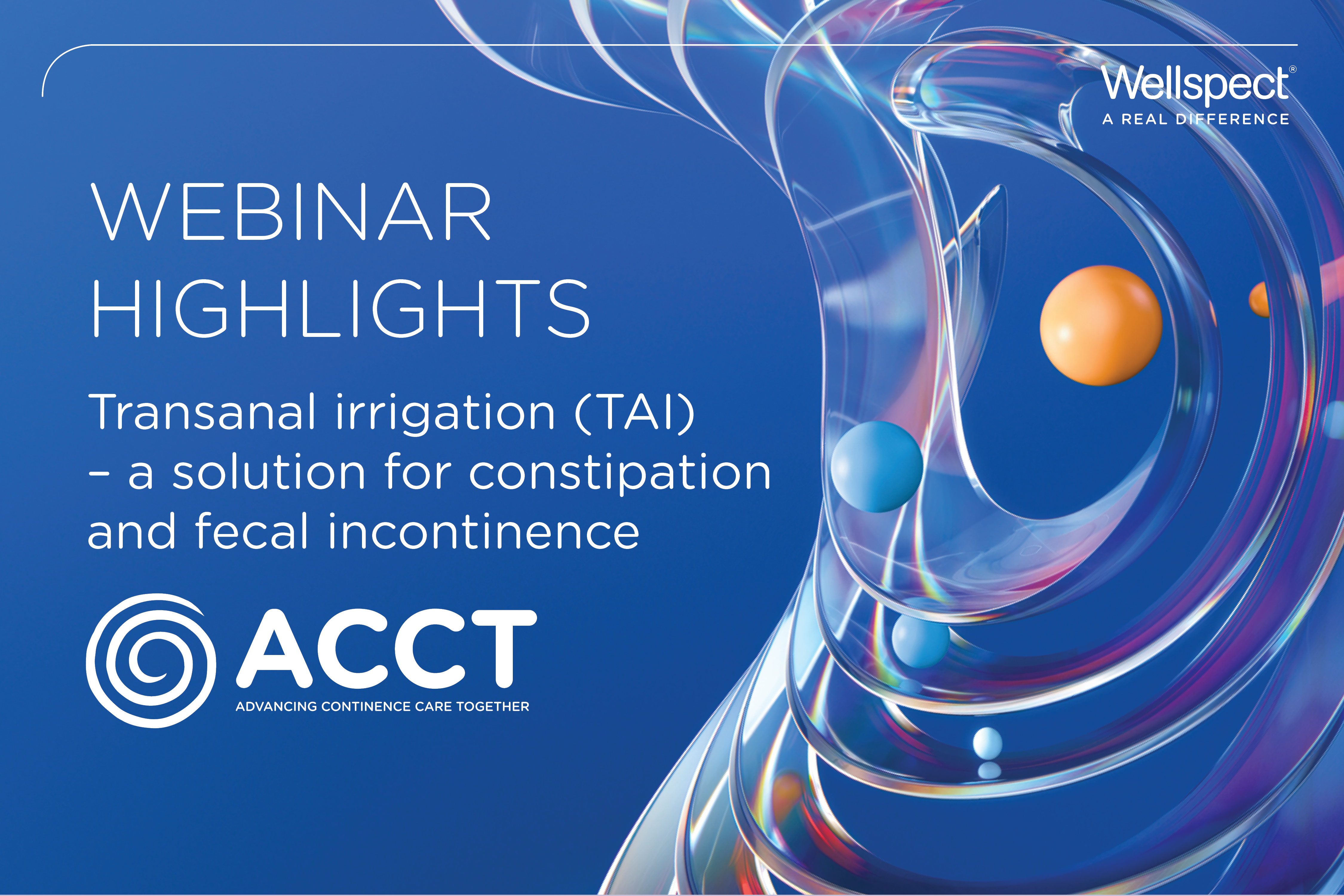In this systemic review Mekhael et al shows collected evidence for that transanal irrigation (TAI) is a beneficial bowel continence care for both neurogenic bowel dysfunction (NBD), low anterior resection syndrome (LARS), and functional bowel disorders (FBD) presented as symptoms of fecal incontinence (FI) and chronic constipation (CC).
Read MoreTopics: Bowel management, Neurogenic bowel, Science Article
People with neurogenic bladder and/or bowel dysfunction often suffer from highly individualized symptoms. It can be difficult to quantify change in an individual’s symptoms using standardized measurement tools, and points to the value of Patient—Centered Outcome Measures.
Read MoreTopics: Neurogenic bladder, Neurogenic bowel, Bowel dysfunction, Bladder dysfunction, quality of life
Emmanuel et al, PLoS One 2021. The use of transanal irrigation (TAI) with Navina™ Smart, is an effective and well tolerated treatment for bowel dysfunction.
Read MoreTopics: Bowel management, Transanal irrigation (TAI), Spinal Cord Injury (SCI), Neurogenic bowel, Bowel dysfunction, Fecal incontinence, constipation
Transanal irrigation's influence on gut microbiota could have a positive effect on the immune system and contribute to reduced UTIs.
Read MoreTopics: Urinary Tract Infection (UTI), Bladder and bowel interaction, Neurogenic bladder, Spina Bifida, Neurogenic bowel
On Tuesday, February 9th the ACCT Webinar: Transanal irrigation (TAI) – a solution for constipation and fecal incontinence took place. During one hour we heard Professors Jan Tack and Anton Emmanuel together with Clinical Nurse Lead Bev Collins discuss how Transanal Irrigation (TAI) could be a possible management option for a wider group of patients and how to improve adherence to the therapy. Here are some highlights from the event.
Read MoreTopics: Bowel management, Neurogenic bowel, ACCT, Transanal Irrigation







